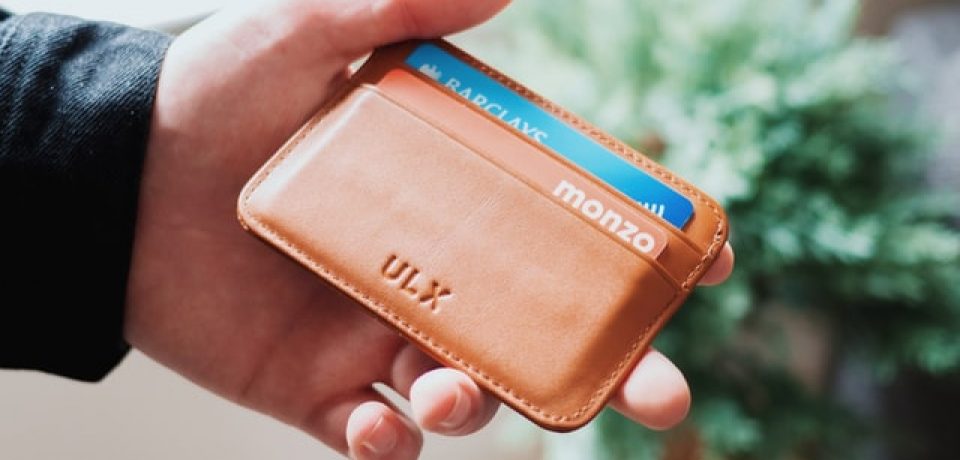Identity theft and credit card fraud is one of the fastest-growing threats to personal finance today. Latest figures for credit card fraud are estimated at around 39% of fraud cases in the UK for 2018 according to Which? magazine.
It helps to know what credit fraud is and what you can do if it happens to you.
What is Credit Fraud?
This is theft which can arise from any number of circumstances including the use of a person’s credit card without permission; the use of a stolen card; the use of data stolen from a database or ordering goods or credit cards using someone else’s details. Aside from the distress and inconvenience caused when this happens, credit whatever form it takes can affect your credit score and in turn, can impact your ability to borrow money or apply for credit.
If You’ve Been a Victim of Credit Fraud
The first thing you must do is inform your bank or building society and your credit card company. The sooner you do this the less damage will be done to your finances. Also the earlier you inform them, the more chances you have of getting your money back. It would also prevent the fraudster from getting any further use from your credit details.
If you bank online or shop online using your credit card your next step should be to check and monitor all your online account activity. Change all passwords held for all online accounts. This should prevent any further theft. And, change your pin numbers for any cards which have not yet been targeted.
Keep checking your bank statements and online shopping accounts to watch for any unauthorised activity or purchases. It may help to ask your card issuer and your bank to send you texts every time there is activity on your card and accounts. This way you can spot fraudulent transactions. It may be worth changing login details for your online shopping and banking accounts.
Check Your Credit Score
If there has been fraud on your cards or accounts this will likely negatively affect your credit rating. The three main UK credit scoring agencies are Experian, Equifax and TransUnion. You should be able to request information free of charge either as a full credit file or an online score. You need to find out as soon as possible if your score has been affected. If it has, you can take steps to put this right. Your credit file will show whether there have been any missed payments or defaults. These could indicate unauthorised purchases.
When checking your credit file, look for a Cifas marker. This is known as a Victim of Impersonation notice and indicates to lenders that you have been, or could be a victim of fraud. This will stay on your file for 13 months. This marker doesn’t prevent you from getting credit. However, it may cause problems if you apply for store finance.
If you spot something on your credit file which is inaccurate or doesn’t apply to you, contact the credit reference agency. You can ask them to update your file. Then, all you need to do is take steps to improve your credit score and creditworthiness.

